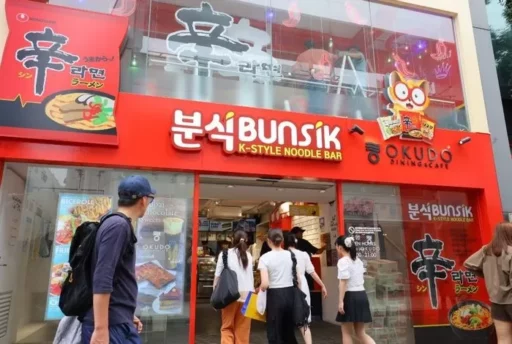Lee Jae-myung's government launches with a 50-day record, KOSPI rises 18%… the best performance among past administrations
In the 50 days since the launch of Lee Jae-myung's government, KOSPI has surged by 17.96%, marking the highest stock market performance during the 'honeymoon period' among past administrations.
According to the Korea Exchange, KOSPI closed at 3,183.77 on the 23rd, a remarkable achievement when compared to the baseline of 2,698.97, established on the day Lee's government started on the 4th of last month.
This upward trend stands out even when compared to previous governments.
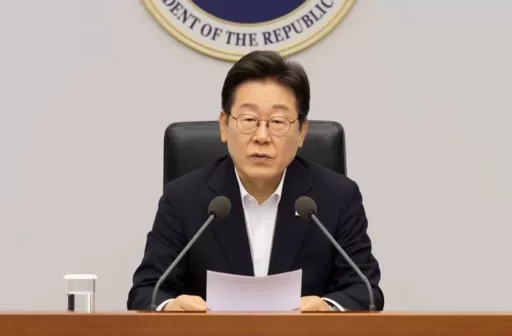
The only administrations that recorded KOSPI increases 50 days after their start were the Lee Myung-bak administration (+3.57%) and the Moon Jae-in administration (+3.92%). Lee Jae-myung’s administration has significantly exceeded these figures.
Overcoming the Korea Discount and hopes for semiconductor industry recovery
Several factors contributed to the sharp rise in the stock market following the new government's inception. Firstly, the domestic market was significantly undervalued.
The state’s governance gap caused by the December 3rd emergency situation and the impeachment political environment, along with the impact of the tariff war initiated by U.S. President Donald Trump, had caused sluggishness in the domestic stock market.
According to data from the Korea Exchange, when Lee Jae-myung's government took office on the 4th of last month, KOSPI’s price-to-book ratio (PBR) was only 0.94.
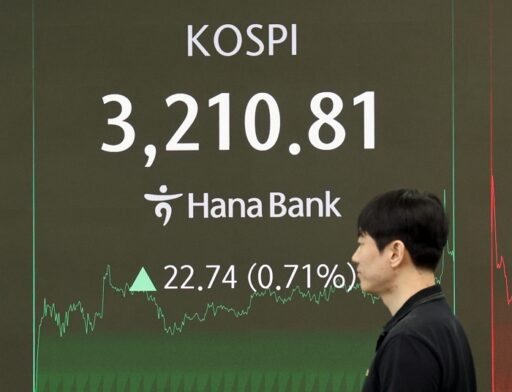
A PBR of less than 1 indicates that the listed companies are trading at prices lower than their net assets, contrasting with the fact that the four administrations that began since the Roh Moo-hyun government (0.99) all started with KOSPI’s PBR exceeding 1.
Additionally, the favorable performance of 'semiconductor two giants,' which hold a significant market share, positively influenced the overall market atmosphere.
With optimism surrounding the expectation that the semiconductor downcycle has bottomed out, Samsung Electronics’ stock price rose by 16.9%, and SK Hynix, which recently climbed to the top position in memory semiconductors focused on high-bandwidth memory (HBM), also saw its stock price increase by 29.6%.
The simultaneous rise in stock prices of these two companies during the initial 50 days of the new government is a first since the Lee Myung-bak administration.
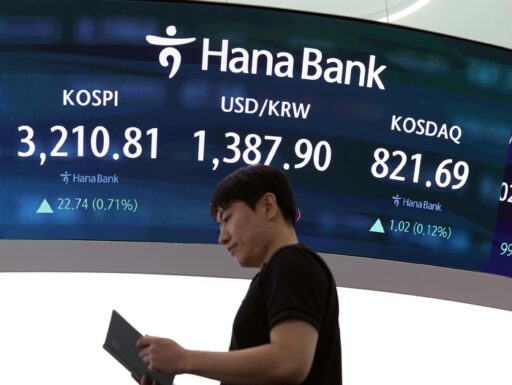
Commitment to market support and future challenges
The most decisive factor has been President Lee Jae-myung’s strong intent to support the stock market.
Immediately after his election, where he pledged to open the "KOSPI 5,000 era," the National Assembly passed a company law amendment, which led to a surge in financial stocks, while the stock prices of holding companies, often seen as undervalued, also rose significantly.
Moreover, expectations regarding the development of the artificial intelligence (AI) industry led to substantial increases in the stock prices of Naver (24.13%) and Kakao (27.46%).
However, there are several challenges that must be addressed to sustain this upward trend.
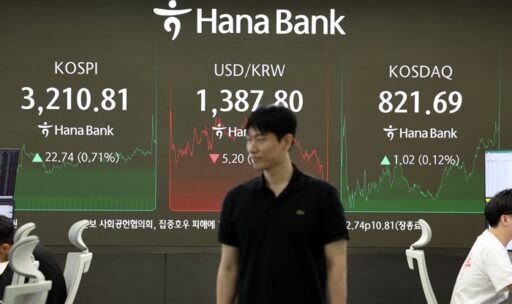
In a situation where the outlook for 'earnings' and 'valuation'—key factors determining stock prices—is poor, creating an environment where companies can focus on their core businesses is essential for maintaining the upward momentum.
A business leader expressed concerns, saying, "In a situation where production and logistics costs are rising due to U.S. tariffs, if corporate tax increases are implemented, declining corporate earnings will be unavoidable."
Additionally, as the current stock market has continued to rise based on optimism, any retreat from existing promises, such as separating dividend income tax or lowering the criteria for major shareholders, could negatively impact investor sentiment.
Image source: Lee Jae-myung / News1, News1


